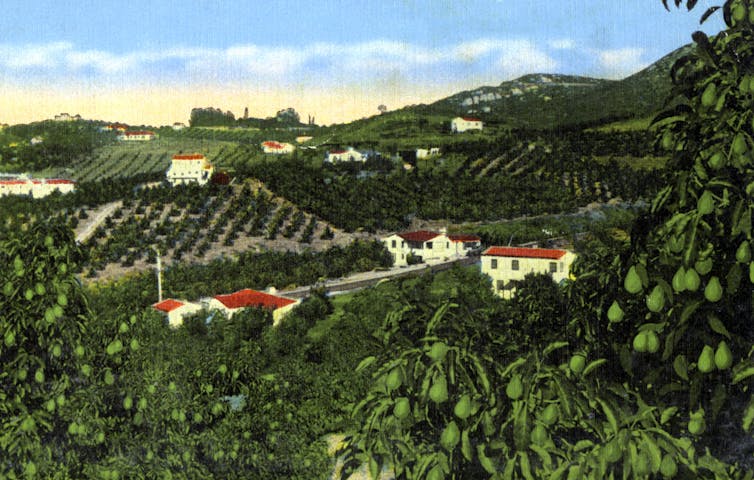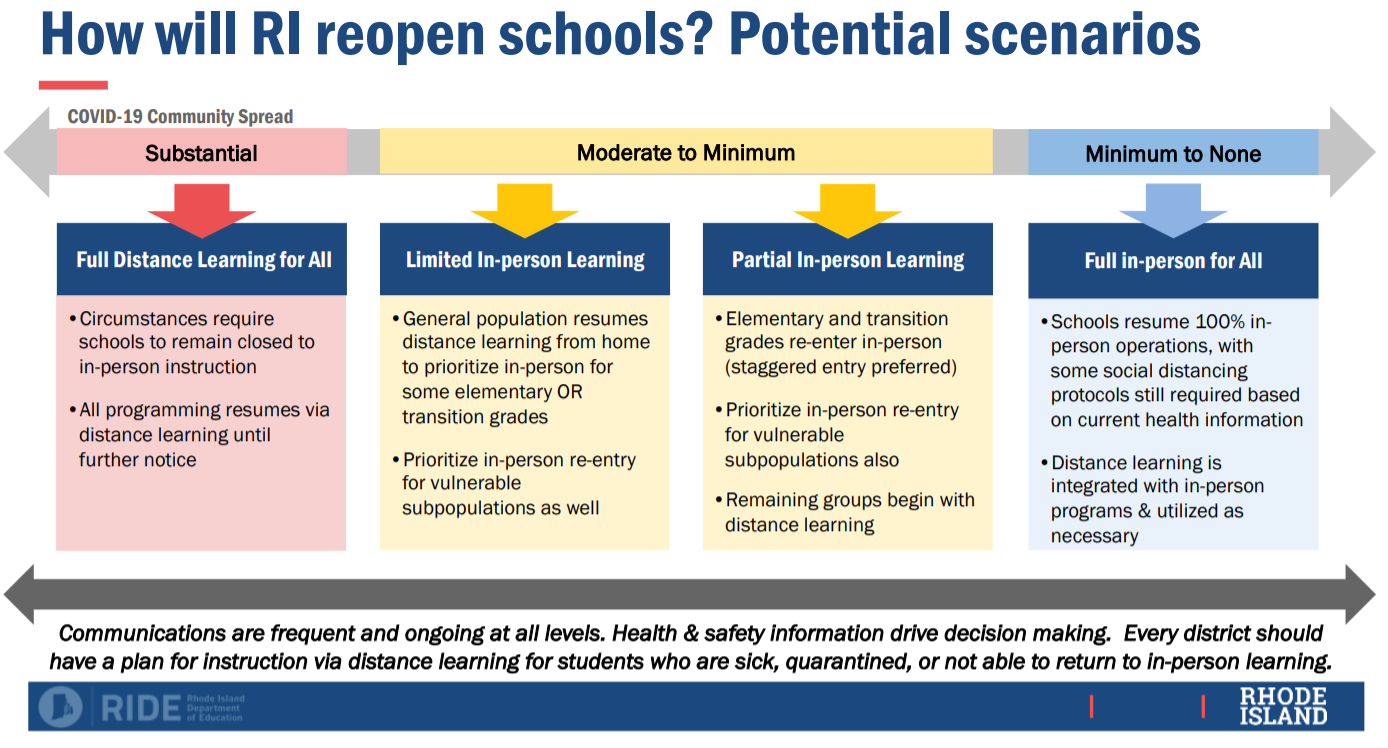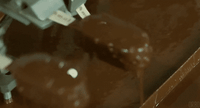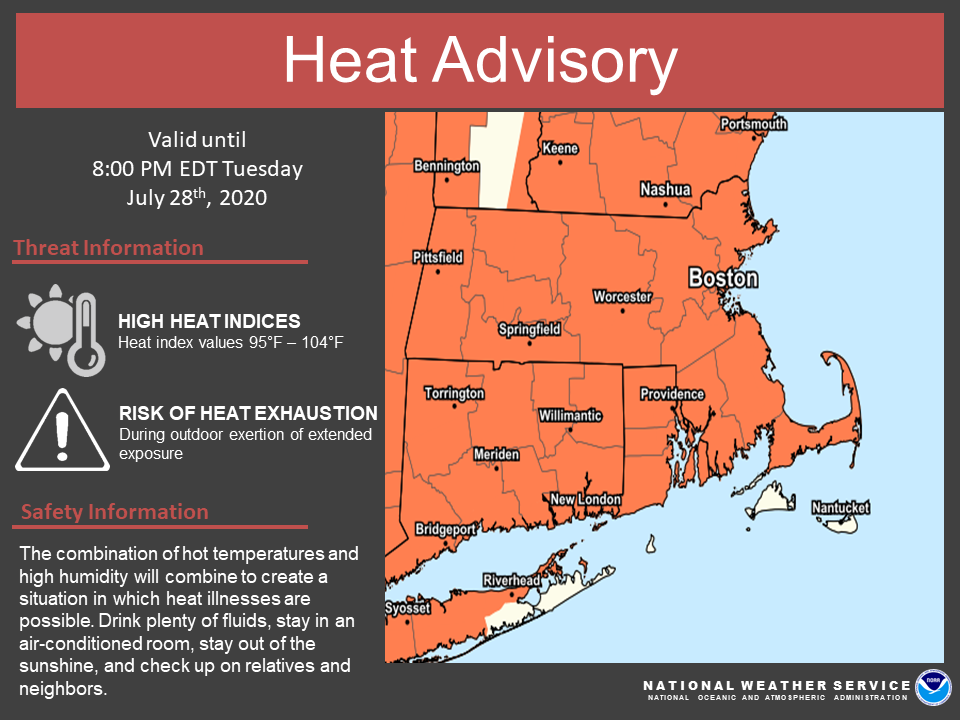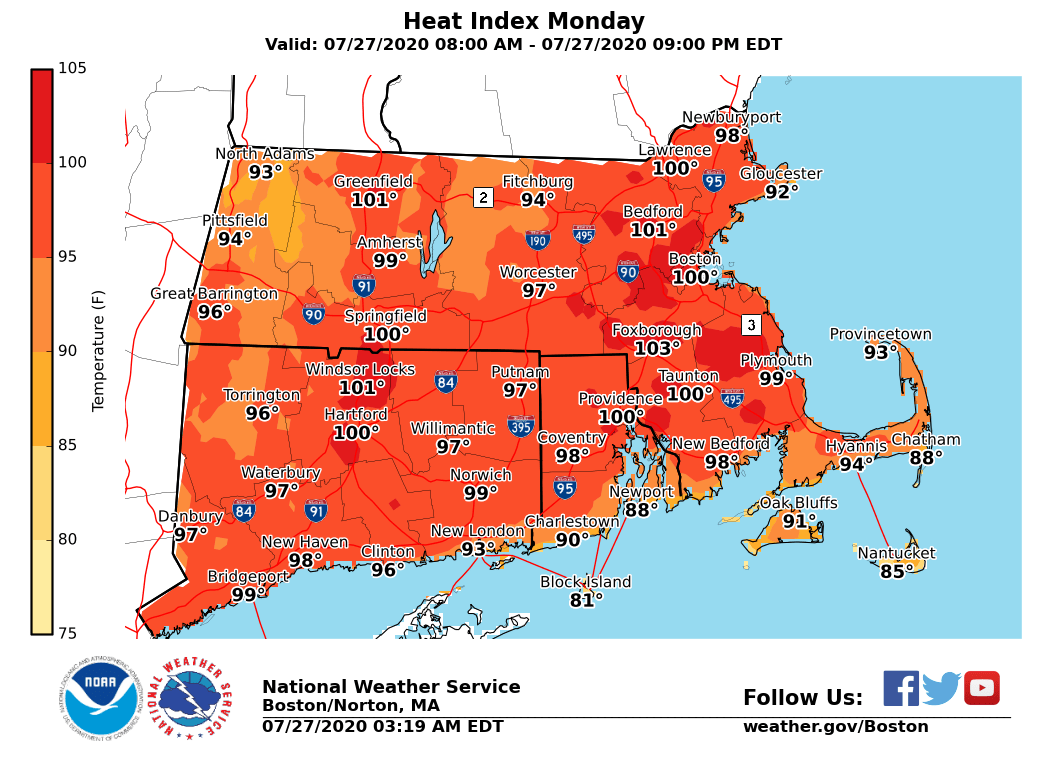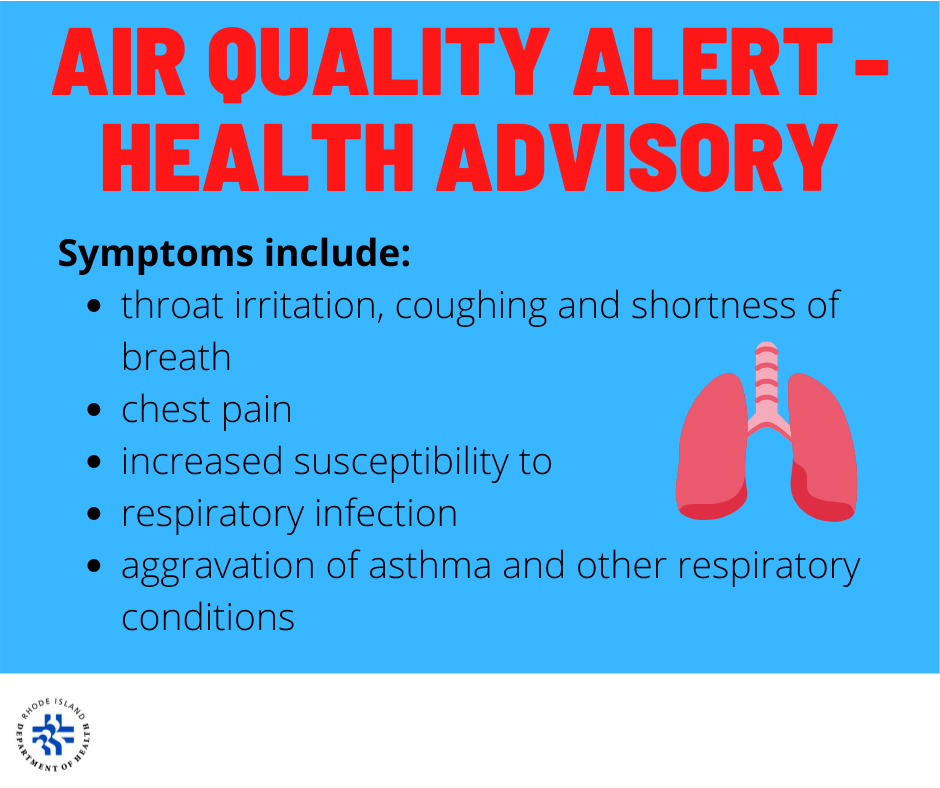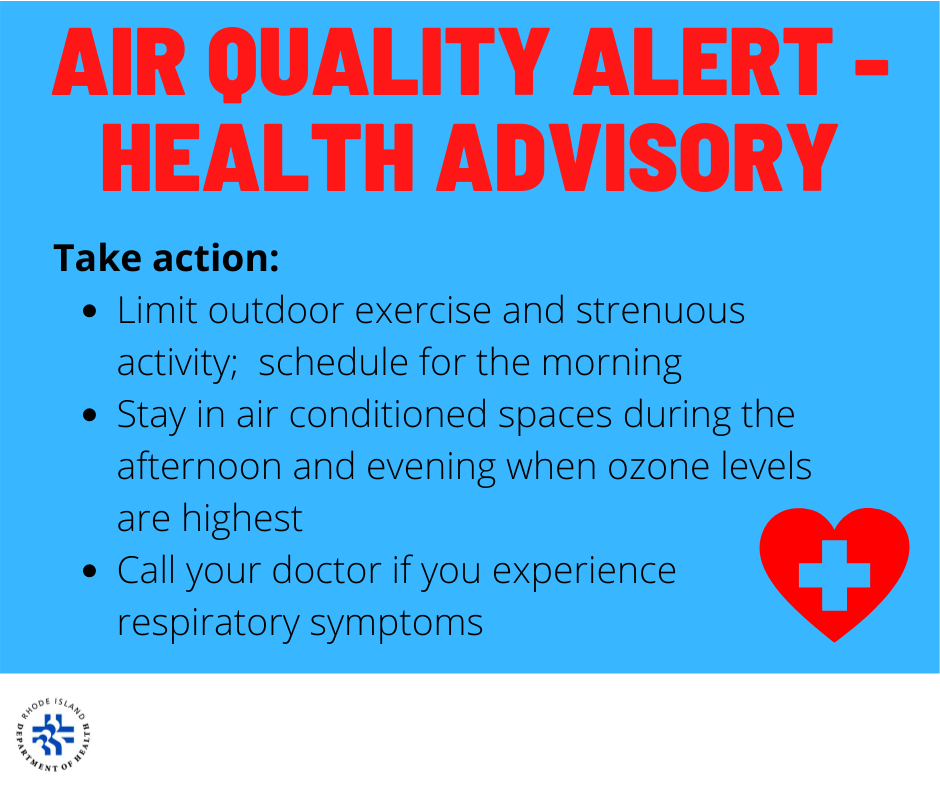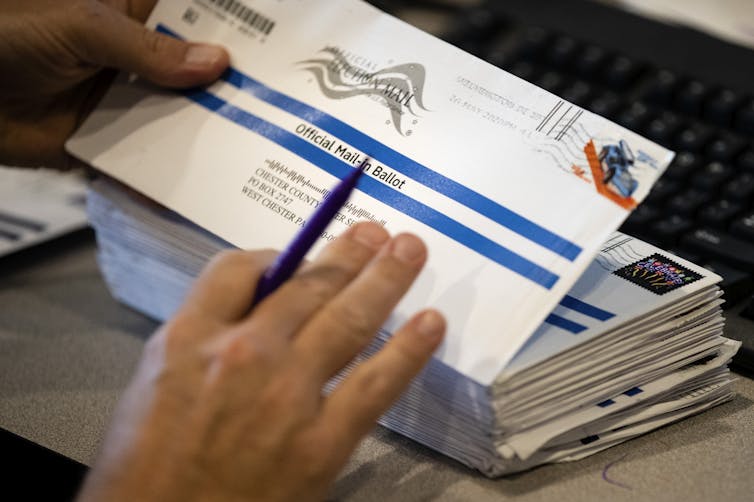Federal
judge rules for ACLU, against GOP on mail-in ballots
By
Will Collette
The
RI ACLU had filed suit on behalf of RI Common Cause, the League of Women Voters
and individual plaintiffs arguing the state requirement that you must have
either two witnesses or a notary’s stamp to make your mail-in ballot is an
undue burden during the pandemic.
The
state
GOP and the Republican National Committee argued against the ACLU position,
making claims similar to those of Donald Trump, that mail-in voting is rife
with fraud and that Rhode Island’s restrictions, among the toughest in the
nation, were needed to prevent that fraud.
They
cited passages from the late Buddy Cianci’s autobiography, “Politics and Pasta,”
where Cianci referenced mail ballot fiddling. Not mentioned is that for much of
his political career, Buddy Cianci was a Republican.
But,
like Trump, they have little in the way of actual evidence to prove that
mail-in voting, with or without witnesses or a notary, is likely to lead to
election fraud. It’s more about the national Republican strategy to suppress
the vote, especially by those populations likely to vote against Trump and down
ballot Republicans.
Data
is also showing that Rhode Island’s coronavirus pandemic is on the upswing,
sufficient to lead Governor Gina Raimondo to halt the re-opening process at
Phase 3. The pandemic is out of control in most of the rest of the country and
experts such as Dr. Anthony Fauci suggest it is moving back in our direction,
making an in-person primary and election a potential disease vector.
Despite
a meritless claim, the GOP says it will appeal Judge McElroy’s decision. Maybe
somewhere up the chain, they’ll get there case before one of the hundreds of
Trump-appointed federal judges who have been rubber-stamped onto the bench by
Senate Majority Leader Moscow Mitch McConnell.
RI Secretary of State
Nellie Gorbea said “Today’s ruling is a victory for voting rights and public
health... I am appalled that the Republican National Committee is actively
working to prevent Rhode Islanders from being able to vote safely and securely
from their homes during this pandemic.”
Secretary Gorbea has
also said she will ask the Governor to mobilize some National Guard troops to
help process ballots and help with Election Day security.
 They may find themselves
facing federal storm troopers, a prospect that would have seemed completely
ridiculous if not totally paranoid in the past.
They may find themselves
facing federal storm troopers, a prospect that would have seemed completely
ridiculous if not totally paranoid in the past.
But just in the past
couple of weeks:
- Donald Trump said he may
not accept the results of the November 3 election;
- He sent federal storm troopers
to Portland, OR to suppress public protests;
- He has threatened to send
these forces to other parts of the country if he chooses to and, just today...
- He says he thinks the
election should be postponed.
- He says that widespread
use of mail ballots will lead to massive voter fraud.
Here’s what our Dear
Leader tweeted this morning:
With Universal Mail-In Voting (not Absentee Voting, which is
good), 2020 will be the most INACCURATE & FRAUDULENT Election in history.
It will be a great embarrassment to the USA. Delay the Election until people
can properly, securely and safely vote???
At this point, I think
there is almost a national consensus that Trump is unpredictable and does not
feel bound by the law.
Postponing the election,
for example, is not his call. Under the Constitution (Article II, Section 1),
only Congress has that power. The law requires that the national election be
held on “the first Tuesday after the first Monday of November.”
The 20th
Amendment to the Constitution also determines that the end of Presidential and
Vice-Presidential terms are January 20 after the election.
Even though Trump thinks
he has supreme powers, he does not have the power to change these laws. But, as
one
columnist wrote today, this hasn’t stopped Trump in the past.
 Prescription drugs have long provided two bad examples of
American exceptionalism. They cost three-to-four times more than anywhere else, and we’re one of only two countries in the world that allows prescription
drug advertising to consumers.
Prescription drugs have long provided two bad examples of
American exceptionalism. They cost three-to-four times more than anywhere else, and we’re one of only two countries in the world that allows prescription
drug advertising to consumers.














